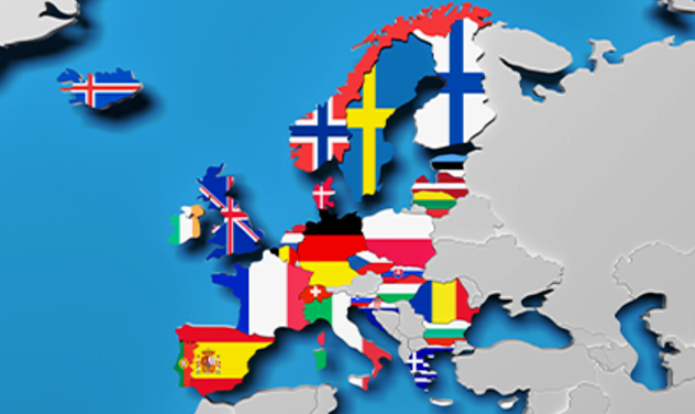President Pendarovski apparently did not expect that he will create such a stir in the public, when he flippantly revealed that Macedonia was offered membership in the European Economic Area, but that he said no. The position that nothing short of full EU membership will do is officially established, but can beggars be choosers, especially with the multiplying demands from Bulgaria that stand in the way of the prefered option.
Zaev was raked over the coals by the opposition, but also many opinion makers from the left, who pointed out that the EEA offers many of the benefits expected from EU membership – most importantly – the right to work and travel to the EU countries, which is greatly prized by young Macedonians who are giving up on the country. Pendarovski, who once famously said that if he weren’t President, he would also move out of Macedonia, said that top EU officials made the offer to him, but he said no.
The EEA already includes Norway, Iceland and Lichtenstein – countries who have given up on the idea of full membership, and on a temporary basis, it is used to govern the British relations to the EU. The arrangement allows for free trade and travel, and alignment in many areas of economy and life, except for the agriculture and fisheries. The four EEA members who are not part of the EU are required to adopt laws that sync with EU regulation, but are also consulted when the EU makes its decisions, so as not to be left fully without a say in the common arrangement. They contribute to the EU funds used to lift up the poorer EU member states, but if Macedonia and other Balkan countries opt for this arrangement, they would easily be the poorest countries around and would likely receive far more than they would nominally contribute.
All this implies that joining the EEA would give Macedonian citizens many benefits, while likely avoid the humiliations associated with the current moribund EU accession process, under which Macedonia was first blackmailed by Greece to give up much of its history, identity and national honor, and now Bulgaria comes for what little is left.
VMRO-DPMNE quickly condemned Pendarovski for his position. The opposition party said that joining the EEA would be a major benefit for the country and is not contrary to also joining the European Union. “The leadership can’t make such decisions on its own, without consulting the rest of the country. This is scandalous. Pendarovski and Zaev need to explain why they refused this offer and whose interests it benefits?”, the party asked.
Pendarovski’s office replied that all party leaders already consulted on the matter and said they will not accept anything short of full EU membership and no alternatives. But this was before Bulgaria vetoed Macedonia’s EU accession and came out with a long list of historic grievances and demands that Macedonia will be required to meet just for the privilege of opening the process of EU membership.
In a response, Pendarovski insisted that Macedonia also needs political alignment with the EU, and not just economic. But this call is currently being drowned out by a loud chorus of citizens who see his action as refusal of something that will make life better for them, whether in Macedonia or in the EU.




Comments are closed for this post.